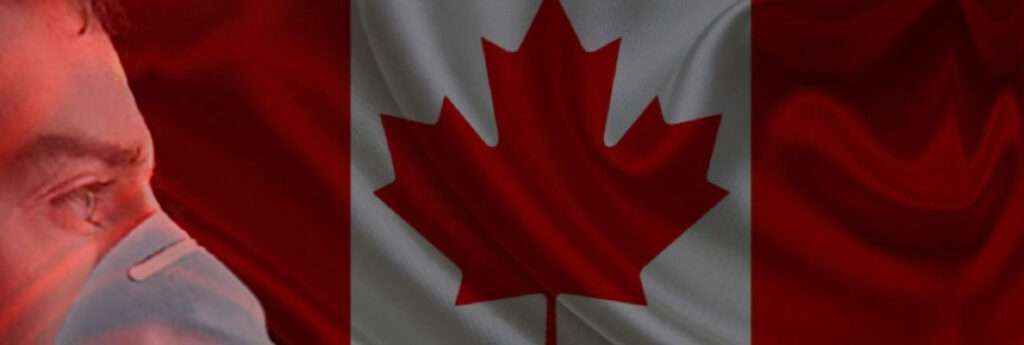The federal government defended its approach to securing Canada’s border against COVID-19 as Ontario Premier Doug Ford once again called for more testing at points of entry. Canada’s border controls – and 14-day quarantine requirements for travellers – are among the strictest in the world, Public Safety Minister Bill Blair told reporters.
“Over the past few days, we’ve heard a number of comments which, frankly, are an unfortunate misrepresentation of what is actually happening at our borders,” Blair said.
“COVID-19 cases related to international travel currently account for only 1.8 percent of all cases. That means 98.2 percent of COVID transmissions are a result of community transmissions not international travel.”
Canada’s deputy chief public health officer, Dr. Howard Njoo, said that while Ottawa is always evaluating its approach at the border, its main concern is transmission within Canada. “What we’re seeing now is that the biggest problem in Canada is community transmission inside Canada, it’s not really the importation of cases,” Njoo said.
Blair and Njoo’s comments followed criticism from Premier Ford, who said Monday that Ottawa needed to do more to prevent travellers from bringing the novel coronavirus into the country.
Ford hit the federal government again on the issue Tuesday, telling reporters that Canada must require that travellers obtain a negative COVID-19 test before they arrive on Canadian soil, “something that countless other countries have required for months.”
“We’re letting tens of thousands of people into our country every week without the basic screening requirements,” Ford said, adding that screening on arrival is “the bare minimum.”
“Despite our repeated calls, we hear every week about dozens of flights coming in, unchecked, and bringing in COVID with them.”
Ford said that if the federal government doesn’t begin testing travellers on arrival, Ontario will – though he wouldn’t say when he planned to start. “I’ve directed our officials to begin preparing infrastructure necessary for testing at our airports and I hope we won’t have to go it alone, but we’re prepared to do that if we must,” he said.
On Tuesday afternoon, Ford’s Progressive Conservative Party sent an email to supporters asking them to sign an online petition calling on Ottawa to take stronger action on the border.
Federal Health Minister Patty Hajdu says that even if everyone was tested at the border, some cases could still get through. “If you don’t test people at the right time in their illness, in fact, the test can be negative,” she told reporters Tuesday. “That’s why we’ve maintained the 14-day quarantine with such a degree of rigour.”
Ford said he’s worried in part because of a new variant of COVID-19 discovered in the U.K. Canada suspended flights from that country at midnight on Dec. 21.
Chief public health officer Dr. Theresa Tam said Tuesday the new variant has not yet been detected in Canada. She said, however, that “Canada remains on a trajectory for an even stronger resurgence (of COVID-19) over the next two months and this is a perilous time.”
Approval of the Moderna vaccine against COVID-19, which would be the second vaccine approved for use in Canada, could come soon, Hajdu said.
“Health Canada now has all the data required to make a decision; my understanding is that decision will be very soon,” Hajdu said. “I can’t speak for the regulators because obviously they are independent but they will have information for Canadians in the very near future.”

